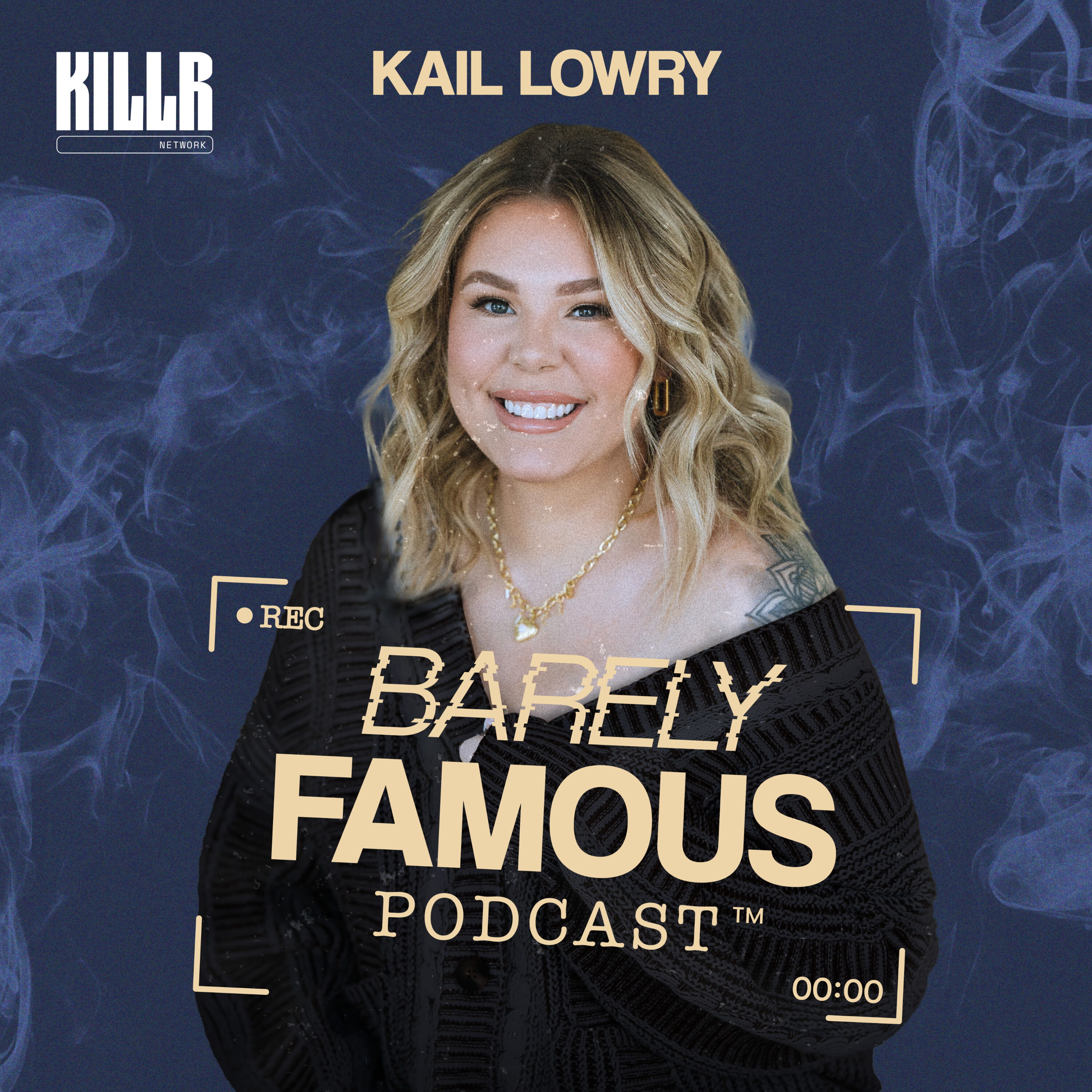
In this powerful episode Kail sits down with Amanda Knox for an intimate, emotional, and eye opening conversation about her wrongful conviction, the unwavering support of her family, and the lasting impact of trauma. Amanda opens up about the hidden struggles that weren’t covered in the media, how her parents banded together to fight for her, the deep scars left on her siblings, and the complicated journey of rebuilding relationships after years of separation.If you think you know Amanda Knox’s story, think again. This episode will challenge your perceptions and leave you inspired.Order Amanda’s new book, out March 25th, at Amazon, Barnes & Noble, or your favorite local bookstore.Connect with Amanda at amandanox.com and check out her podcast, Labyrinths!For full video episodes head to patreon.com/kaillowry and to keep update with Kail and The Chaos subscribe to her newsletter at kaillowry.comThanks for supporting the show by checking out our sponsors!Happy Mammoth: get 15% off your first order at happymammoth.com just use thecode FAMOUS at checkout.Nutrafol: Start your hair growth journey with Nutrafol nutrafol.com promo code FAMOUSQuince: Give yourself the luxury you deserve with Quince! Go to quince.com/famousSearch for your new home at apartments.comSee Privacy Policy at https://art19.com/privacy and California Privacy Notice at https://art19.com/privacy#do-not-sell-my-info.
No persons identified in this episode.
No transcription available yet
Help us prioritize this episode for transcription by upvoting it.
Popular episodes get transcribed faster